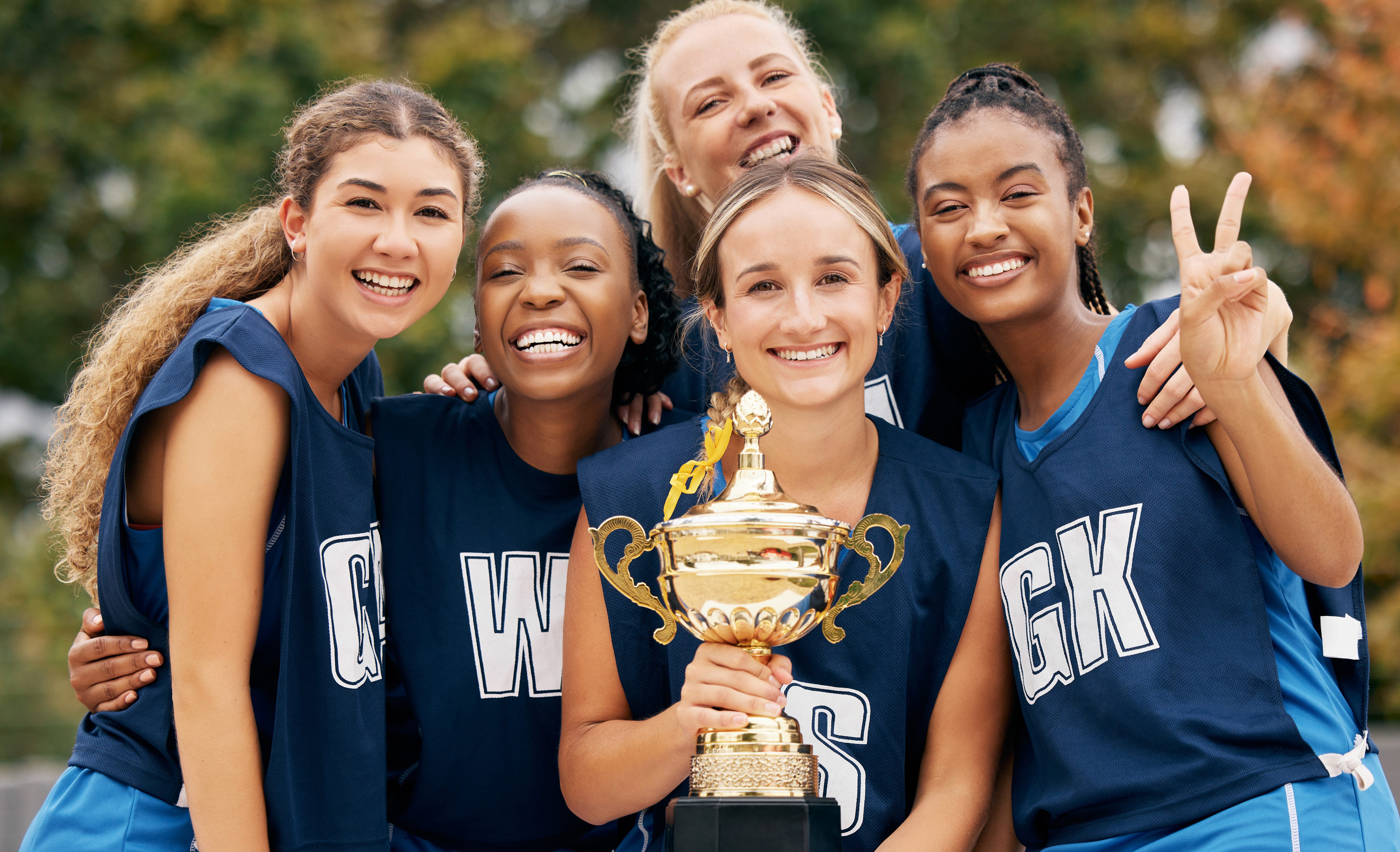Building mental health
Canadian research found that building mental health in the off-season can help varsity athletes maintain their well-being during their sports season. Some strategies athletes can use to help build and maintain their mental health include making time for friends and family, building social networks outside of sport and taking a break from training for their…
Sport improves coping
On top of having many physical benefits, sports participation can improve athletes’ abilities to cope with difficult situations. Research from the University of Alberta found that sports can provide athletes with higher confidence, positive distractions, and social support, all of which can help them handle adversity in their everyday lives. Highlighting the benefits of sports…
Managing the competing tensions of social media as a high performance athlete
Social media has become an increasingly commercialized space within the sporting industry, with brands and sponsors seeking to reach consumers through athletes’ platforms. So is social media good, or bad, for the sport industry? For athletes? For women and athletes of marginalized communities? The answer seems to be: it’s both. Or, rather, it depends who…
Safe sport tips for athletes
What is okay and what isn’t when it comes to safe sport? Sport Manitoba has compiled a handy checklist for athletes to remind them of appropriate boundaries that should exist between them and sport coaches, officials or administrators. The list identifies green light behaviours and red flag behaviours for athletes to keep in mind.
Body-related emotional experiences in sport among adolescent girls: Participation outcomes over time

Project Summary In adolescence, girls are less likely to participate in sport, are more likely to drop out of sport, and report more poor sport experiences compared to boys. Concerns related to appearance, body shape, size, and weight disproportionally affect girls during adolescence and may impact their sport experiences. To date, there is primarily anecdotal…
Post-Olympic blues for coaches and support staff
Research has shown the post-Olympic period to be a difficult time for athlete mental health. Little research has been conducted on the wellbeing of coaches and support staff during this same period. This study focuses on the latter’s experiences after major games, and provides suggestions for improved wellbeing.
Fostering the fierce inner fan: Self-compassion for women athletes
Self-compassion can be a valuable internal resource for women athletes as they navigate the challenges of competitive sport. Self-compassion is related to greater goal progress and effective use of coping strategies, and it benefits the physiological response to stress (Ceccereli et coll., 2019; Johnson et coll., in press; Mosewich et coll., 2019; Röthlin et coll.,…
Keeping the ride home positive
70% of kids quit sports before high school. The way that parents communicate with their kids about sport, including their performance at practices or games, influences whether or not that child will want to stay in sport. The Ride Home webpage, hosted through True Sport, offers advice and examples of how parents can communicate positively…
Supporting elite athletes postpartum
There are limited supports in place for elite athletes returning to sport after pregnancy. A recent Canadian study, based on interviews with elite athletes, identifies key actionable steps for sport organizations to take to support postpartum athletes. Examples of these steps include: screening athletes for psychological and physical readiness in return to training, providing lactation…
Language matters in the context of athlete development
Consistency when it comes to language is important to consider in the context of athlete development. Some terms that are frequently used in sport have blurry or competing meanings, such as what it means to have “talent,” what it means to be “elite,” or what it means to have “character.” Researchers advise being specific with…